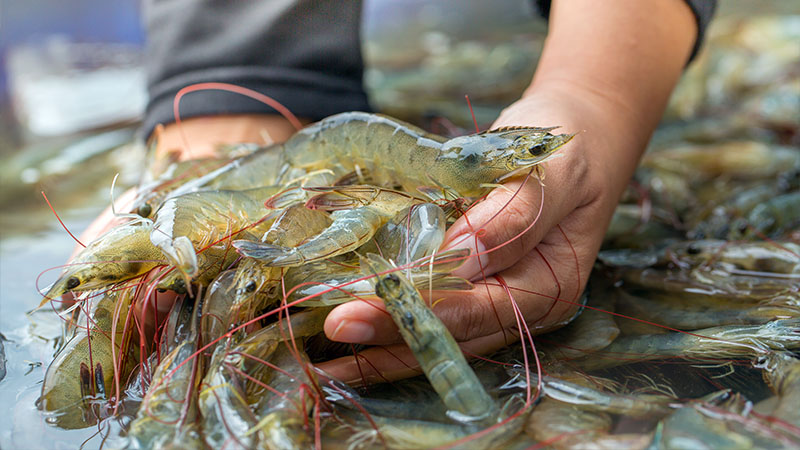Exclusive content

In an effort to promote sustainable fishing practices and preserve shrimp populations, federal authorities in Mexico have implemented a closed period for all shrimp species in the Pacific Ocean. The initiative, which commenced on March 20th at midnight, aims to safeguard the future of this vital crustacean resource.
Vigilant Coordination for Conservation
The National Commission of Aquaculture and Fisheries (Conapesca) has spearheaded this endeavor in collaboration with various governmental bodies including the Secretariat of the Navy (Semar), Secretariat of National Defense (Sedena), National Guard (GN), and the Attorney General’s Office (FGR). Together, they are committed to maintaining perpetual surveillance efforts throughout this designated period.
The temporary ban on shrimp fishing, spanning the Pacific coast from the United States border to Guatemala, officially commenced upon the publication of the establishment agreement in the Official Gazette of the Federation on March 14th. This comprehensive prohibition extends to federal waters, encompassing estuarine lagoon systems, marshes, and bays situated in Baja Southern California, Nayarit, Sinaloa, and Sonora, as well as the Gulf of California.
Strengthening Enforcement Measures
Federal authorities have resolved to bolster coordinated enforcement actions to combat illegal shrimp fishing activities. Each entity involved will leverage its respective jurisdiction and competencies to enhance inspection and surveillance efforts, ensuring strict adherence to regulatory measures.
Shrimp fishing holds profound economic importance for Mexico, both domestically and internationally. The preliminary production figures for marine and aquaculture shrimp recorded at the end of 2023 underscored its substantial contribution, amounting to 243,400 tons valued at 23.8 billion pesos (USD 1.42 billion). Notably, Chiapas emerged as a notable contributor, producing between 700 and 800 tons, securing its position as the eighth-largest producer nationwide.